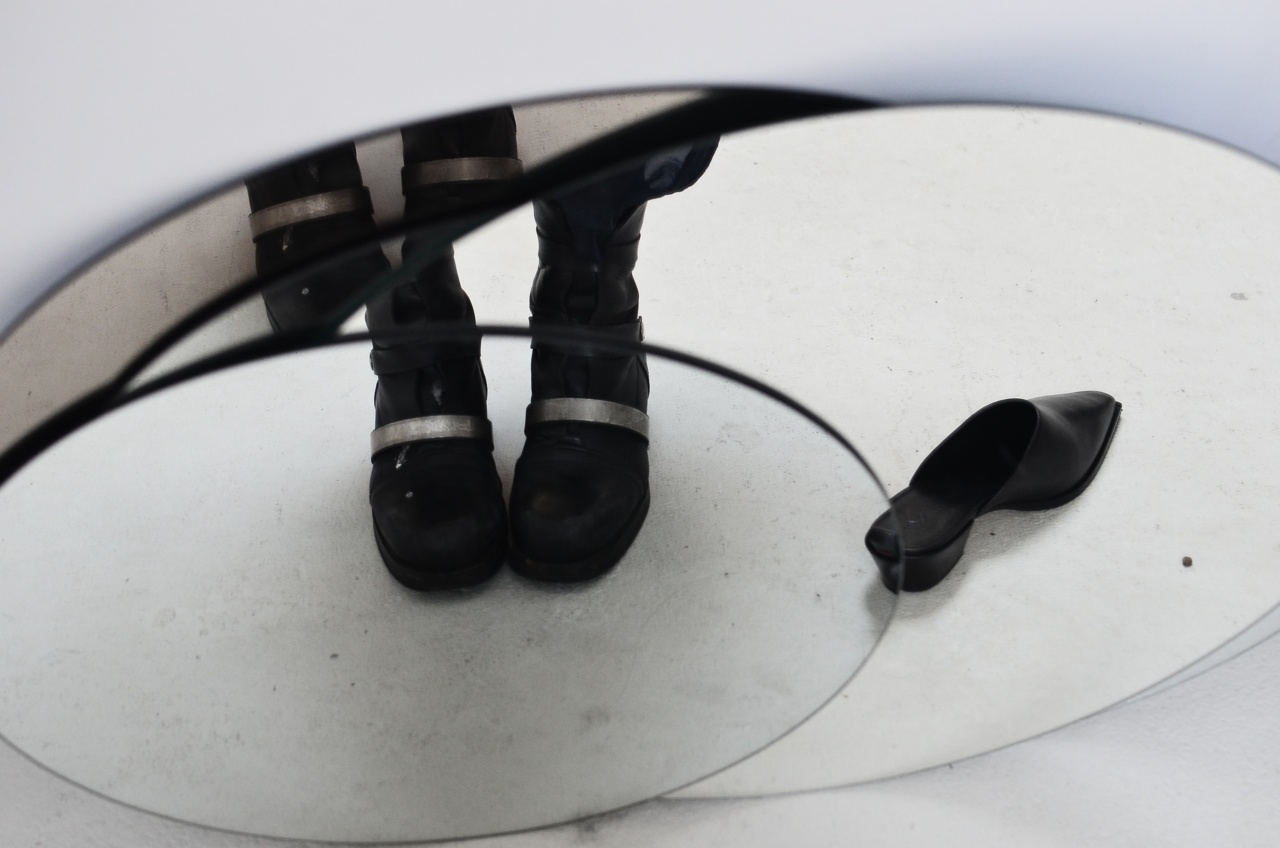B12 is one of the most important vitamins that our body needs to function properly. It plays a crucial role in keeping our nervous system healthy, producing red blood cells, and synthesizing DNA.
However, many people are not getting enough B12, which can lead to serious health problems. In this article, we will explore some of the signs that indicate that you may be lacking B12, specifically by looking at marks on your feet.
What is B12, and Why do We Need It?
Vitamin B12, also known as cobalamin, is a water-soluble vitamin that is essential for the proper functioning of our nervous system, brain, and blood cells. Our body cannot produce B12, and it can only be obtained through food or supplements.
The recommended daily allowance of B12 is 2.4 micrograms for adults, and it is found naturally in animal-based foods such as meat, fish, and dairy products.
When we consume B12, it is absorbed in the small intestine and transported to the liver, where it is stored until it is needed by the body. B12 plays a crucial role in the metabolism of cells, and it is involved in the production of DNA and RNA.
It also helps to maintain the myelin sheath, a protective coating around our nerves that enables them to transmit signals more efficiently.
Signs of B12 Deficiency
B12 deficiency is a common problem, especially among older people and vegetarians/vegans who do not consume animal products. Some of the common signs and symptoms of B12 deficiency include:.
- Fatigue and weakness
- Pale skin and shortness of breath
- Numbness or tingling in the hands and feet
- Poor balance and coordination
- Memory problems and confusion
- Mood changes, such as depression or irritability
- Smooth and sore tongue
However, there are also some less-known signs of B12 deficiency that can appear on your feet. Here are three marks to look for that may indicate that you are lacking B12:.
1. Hyperpigmentation
Hyperpigmentation is a medical term for darkening of the skin. It can occur in various parts of the body, and one of the places it can show up is on your feet.
If you have been experiencing fatigue and weakness, and you notice dark spots or patches on your feet, it may be a sign of B12 deficiency. The darkening is due to the buildup of pigment in the skin, which can happen when there is a lack of B12 in the body.
2. Pale Skin
Another sign of B12 deficiency on your feet is pale skin. When the body is lacking in B12, the red blood cells become abnormally large, which can make them less efficient at carrying oxygen.
This can lead to anemia, which is a condition in which there are not enough red blood cells to supply oxygen to the body’s tissues. The skin on your feet can become pale due to the lack of oxygenated blood flow.
3. Glossitis
Glossitis refers to inflammation of the tongue, and it is often a sign of B12 deficiency. However, in some cases, glossitis can also appear on the feet.
If you notice redness or swelling on your feet, especially around the toes, it may indicate that you are lacking in B12. Glossitis is caused by the breakdown of the papillae, which are small bumps on the surface of the tongue or skin. The breakdown can result in soreness, difficulty in eating, and even bleeding.
Conclusion
B12 deficiency is a common problem that can have serious consequences if left untreated. If you are experiencing any of the signs and symptoms mentioned in this article, especially the marks on your feet, it is essential to speak to your doctor.
They may recommend supplements or dietary changes to help boost your B12 levels. Ensuring that you get enough B12 can help improve your overall health and well-being, so be sure to pay attention to your body’s warning signs and take action if needed.






























